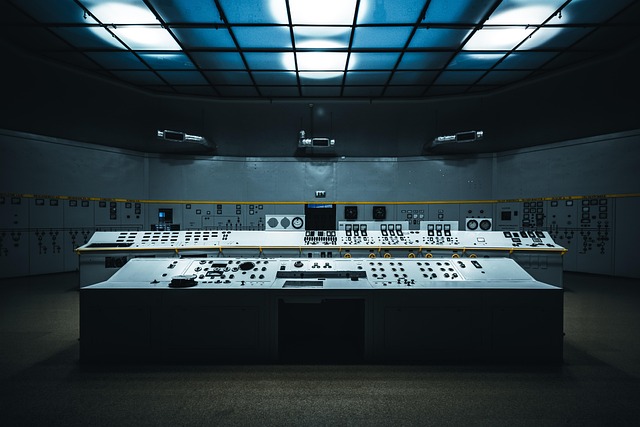In today’s hyper-connected world, social media platforms have become an integral part of our daily lives. While these networks offer opportunities for connection, sharing, and self-expression, they also foster a challenging environment where the loss of control can lead individuals down a perilous path of addiction. The digital landscape creates a seemingly endless scroll of information, stimuli, and validation, which can be overwhelming and addictive in nature.
For many, social media serves as a double-edged sword. On one hand, it provides a sense of community, an avenue to engage with friends and family, and an outlet for creativity. However, the quest for likes, shares, and comments can intensify feelings of inadequacy and anxiety. The constant barrage of curated images and success stories compels users to compare themselves to others, often resulting in a vicious cycle of self-doubt and compulsive behavior. As the quest for approval escalates, the loss of control over one’s emotions and behaviors becomes increasingly apparent.
The addictive nature of social media is particularly pronounced with features designed to hook users. Notifications ping relentlessly, urging individuals to check their feeds, creating a pattern that mirrors traditional addiction. The brain’s reward system, flooded with dopamine each time we receive positive feedback, conditions us to crave that emotional high, leading to an incessant desire to engage. As we invest more time scrolling through our feeds, we unknowingly relinquish our control—our time, our mental bandwidth, and, ultimately, our wellbeing.
This digital dilemma extends beyond personal use; in many cases, individuals find themselves trapped in an echo chamber, surrounded by content that reinforces negative behaviors and perceptions. The fear of missing out (FOMO) becomes a powerful motivator, pushing users to remain glued to their screens, checking for updates even when it is detrimental to their daily lives. Thus, the lines blur between healthy engagement and addiction, making it increasingly difficult to recognize when the loss of control has set in.
Moreover, the impact of social media on mental health cannot be overlooked. Numerous studies highlight a correlation between excessive social media use and increased rates of anxiety, depression, and loneliness. The pervasive nature of online interactions often leaves individuals feeling more isolated, amplifying the very feelings they seek to escape. The anxiety surrounding constant connectivity breeds a culture of comparison and competition, where people feel pressured to curate perfect lives rather than authentically engaging with their surroundings.
As we navigate the complexities of modern communication, it is vital to establish boundaries and cultivate mindfulness in our digital interactions. Recognizing the signs of loss of control is the first step towards reclaiming our time and mental resources. Limiting screen time, unfollowing sources of negativity, and prioritizing face-to-face relationships are crucial strategies in regaining autonomy over our social media habits.
In this age where social media draws us into its captivating web, we must tread carefully. The path toward connecting with others should not come at the expense of our mental health and personal integrity. By acknowledging the potential for addiction and the deep-seated loss of control it can trigger, we can begin to exercise agency over our digital lives. Equipped with awareness, we can navigate the terrains of social media without succumbing to the pitfalls of addiction, fostering healthier connections in both the digital and physical realms.



